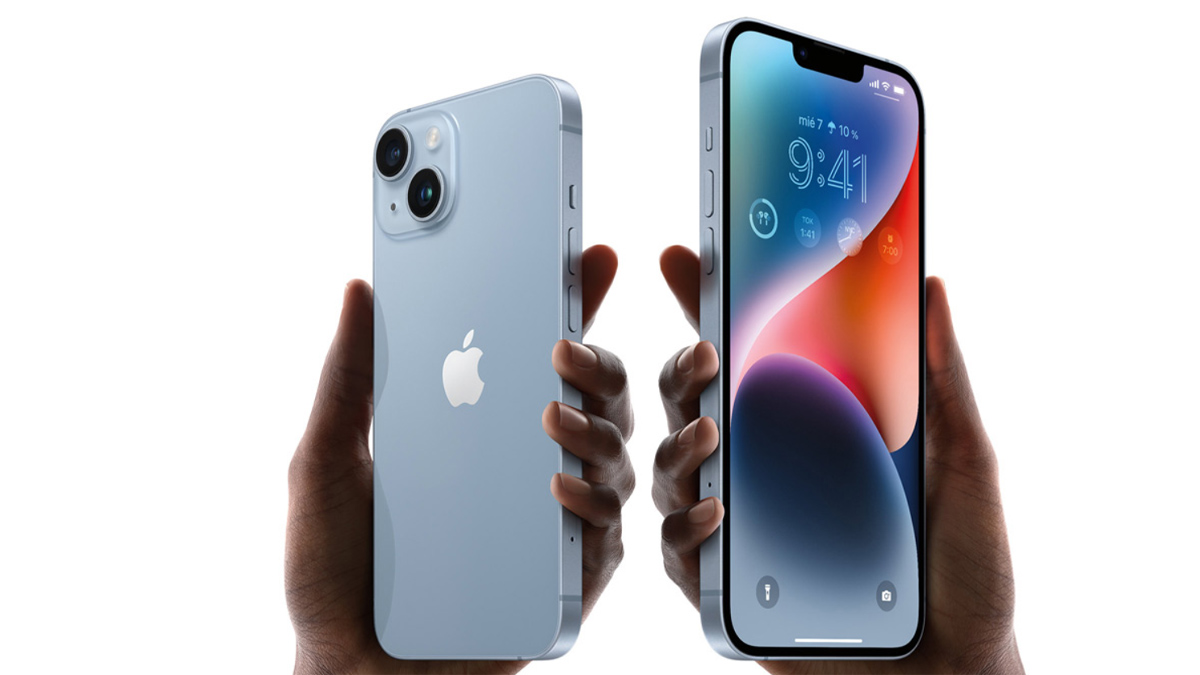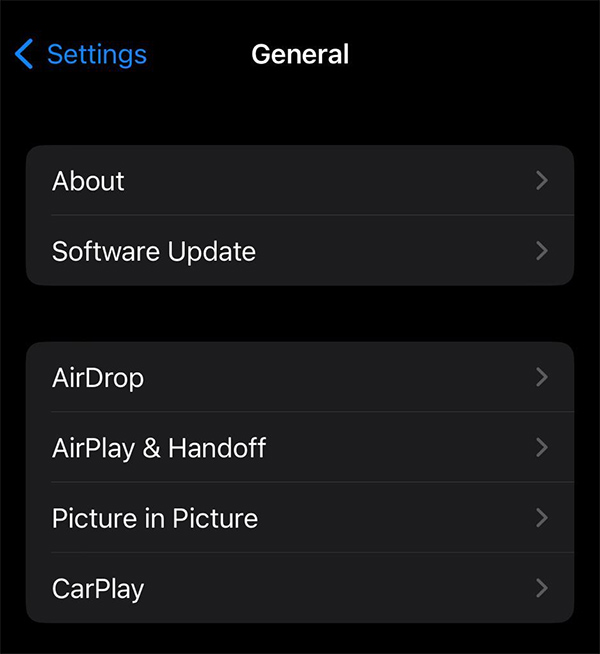Smartphones, and iPhones in particular here, are constantly evolving machines. Hardware and technological advances push forward their capabilities year on year and new apps, features, and innovations make these modern marvels able to do increasingly innovative tasks. As time rolls on, smartphones get software updates that help them keep up with all the latest advances and these updates usually come in two forms: feature updates and tweaks and security updates and patches. How long you receive these for will have a direct affect on how long you can safely use your phone.
Now you might be someone who isn’t impressed with all the latest features and whose favorite feature on their phone is that it makes calls. If this is you then you will certainly be able to squeeze out as much life from your old iPhone as possible as the ageing hardware won’t have to cope with the latest graphics on games or processing or memory demands that come with the latest apps. However, a time will come when Apple will stop rolling out those security updates and patches to your phone and when that happens it may put your safety at risk. Let’s take a look at all this greater detail.

Official support schedule
The crux of the matter here is that smartphone manufacturers offer their customers periods of support during which they will push out updates to their phones. This is where we come back to those two kinds of updates, which we identified earlier. Normally what happens is that manufacturers will push out both kinds of updates together but then eventually will stop pushing out the feature updates. This could be because the older hardware will struggle with the newer features, but it also adds an element of planned obsolescence into their products, which of course brings future sales into the picture too.
However, security updates are a different matter. Normally, smartphone manufacturers will keep pushing out security updates for longer. Again here, there could be an element of honor in this practice but then of course it could also be to attract the longer term users to their products too.

For both kinds of updates, the iPhone receives support for much longer than the average Android phone, meaning iPhone users will get both security and feature updates for years longer than owners of the average Android phone. For example, you have to go back all the way to the iPhone 6S to get to an iPhone that wasn’t able to update to the latest version of iOS 16. In case you were wondering, the iPhone 6S came out in 2015, which is almost eight years ago. That means you could realistically expect an iPhone to get over seven years official support and full feature updates.
If we compare this to Samsung phones, you will likely get four years of feature updates and a further fifth year of security updates. After that fifth year, however, your Samsung phone will likely be vulnerable, but we’ll get to that shortly.
Before that, however, lets get back to the iPhone because those seven plus years we just mentioned refer to full feature updates. That’s right you’ll get an extra two years of feature updates from an iPhone than you will security updates from a Samsung. To get to the security side of things we have to look the iOS updates the tech giant has recently rolled out. While phones getting feature updates recently received iOS 16.3, Apple also rolled out iOS 15.7.3 and iOS 12.5.7 to older devices. These patches took care of security vulnerabilities affecting those devices. Rather astonishingly, those patches go back all the way to the iPhone 5S, which launched almost a decade ago.
There you have it then, Apple phone’s receive security updates for around 10 years, which means you should realistically be able to expect them to last that long before they become a security issue. However, what exactly will happen to a phone once it stops receiving security updates.

What happens to phones that don’t receive security updates?
When a phone stops receiving security updates it is pretty predictable what happens. It will become vulnerable to new security threats and potential exploits that emerge. This means that as they are discovered and spread across the internet any potential hacker could target old and un-updated devices to try and hack into them, target them with malware, or hit them with other kinds of security and cyber-attacks. These can include:
- Unpatched software bugs: Known software bugs that can be exploited by attackers to gain unauthorized access or control over the device.
- Malware: The lack of security updates can make the device more susceptible to malware infections, such as viruses, Trojans, and spyware.
- Hacking: Cybercriminals can take advantage of unpatched vulnerabilities to hack into the device and steal sensitive information such as passwords, credit card numbers, and personal data.
- Phishing attacks: The device may be more susceptible to phishing attacks, where attackers trick users into revealing their personal information.
So that’s it for this guide. You will get nearly a decades worth of safe usage out of a brand new iPhone and you can measure up any second-hand or older devices against their launch date to see how much longer you will be able to use then safely for. After that, however, you really need to give it up as your device will become vulnerable to all sorts of problems that could cause you some real headaches.
If you are an iPhone suer or thinking of becoming one, why not check out the quality control standards that go into producing them.
Thank you for being a Ghacks reader. The post Security questions: when is an old iPhone too old? appeared first on gHacks Technology News.
0 Commentaires